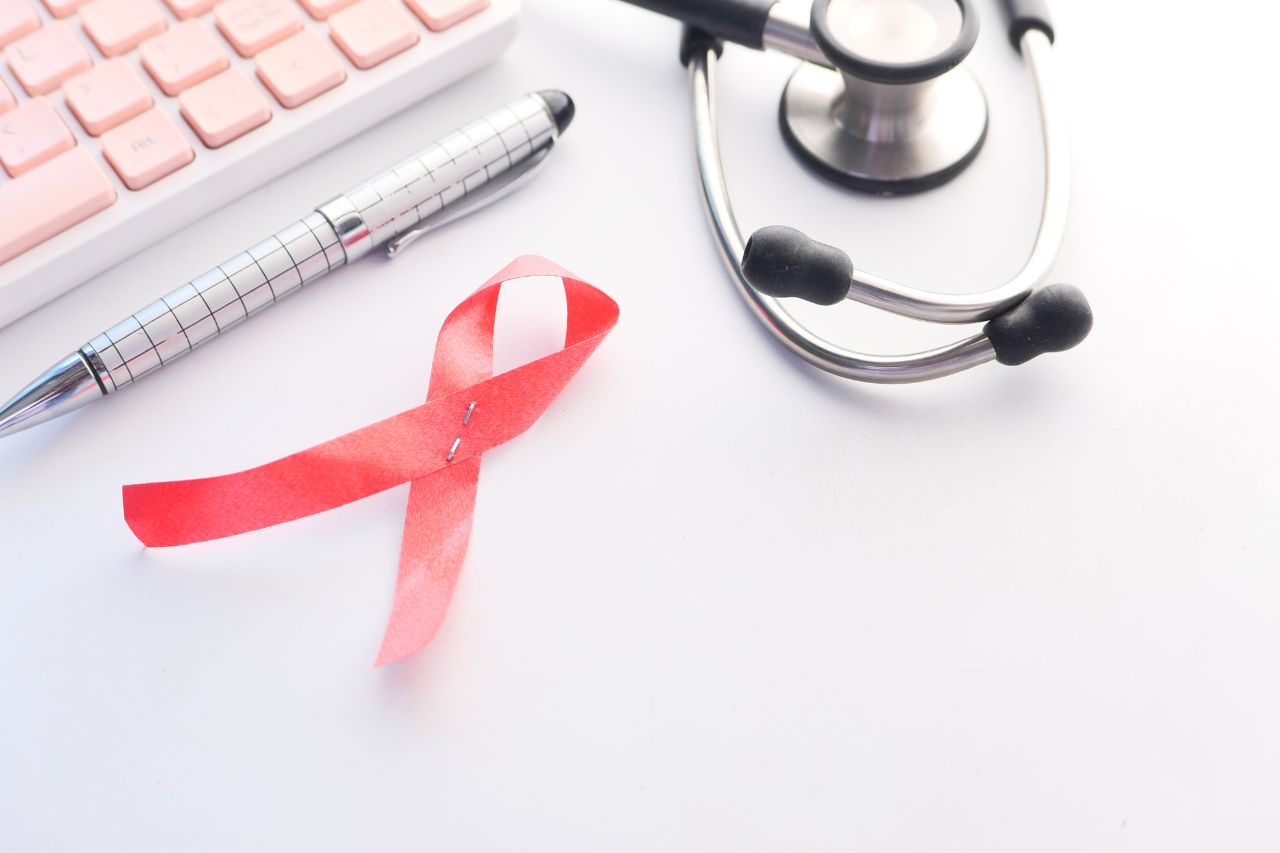Cancer remains one of the leading causes of illness and death in Singapore. According to the Singapore Cancer Registry, cancer cases continue to rise across various age groups. In this context, the role of an oncologist in Singapore has never been more important.
Whether you’ve recently received a diagnosis or are seeking expert advice, understanding what an oncologist does—and how to access cancer treatment in Singapore—can make a significant difference in your care journey.
What Is an Oncologist?
An oncologist is a cancer specialist trained to diagnose, treat, and manage various types of cancer. There are three main types:
Medical Oncologists – prescribe medications such as chemotherapy, immunotherapy, and targeted therapy.
Radiation Oncologists – treat cancer using advanced radiation techniques.
Surgical Oncologists – perform operations to remove tumours or biopsy suspicious growths.
In many cases, patients work with a multidisciplinary team of specialists to receive comprehensive cancer care in Singapore.
What Does an Oncologist Do?
1. Cancer Diagnosis and Staging
After initial tests, the oncologist confirms the cancer type and stage using imaging and biopsy reports. Staging helps determine how far the cancer has spread and influences the treatment approach.
2. Personalised Treatment Planning
A medical oncologist in Singapore will design a treatment plan tailored to your condition. This can include surgery, radiation, or systemic therapies, depending on the type and stage of cancer. Personalised care is available at public hospitals (e.g., SGH, NUH) and private cancer centres.
3. Treatment Administration
Medical oncologists oversee the safe administration of chemotherapy and other cancer drugs. Many patients in Singapore also receive newer treatments such as targeted therapy and immunotherapy, which are designed to be more precise and often have fewer side effects.
4. Ongoing Monitoring and Support
Regular follow-ups allow oncologists to track your response to treatment and make adjustments as needed. This continuous care is essential for detecting any recurrence early and managing long-term side effects.
5. Palliative and Supportive Care
In cases where the cancer is advanced or incurable, oncologists work with palliative care teams to relieve symptoms and improve quality of life.
Accessing Cancer Treatment in Singapore
Singapore offers world-class cancer services through both public hospitals and private oncology clinics. Financial support is available through various schemes:
Integrated Shield Plans (IPs)
- Cancer Care Fund (Singapore Cancer Society)
Whether you’re seeing a subsidised oncologist at a restructured hospital or choosing a private oncologist in Singapore for faster access and continuity of care, help is available. Contact your doctor or medical social worker and they can guide you on the application process for financial assistance schemes.
When Should You See a Cancer Specialist in Singapore?
Consider booking an appointment with an oncologist if:
You’ve received a cancer diagnosis or abnormal imaging/lab result
You’re seeking a second opinion from a cancer specialist in Singapore
You need long-term follow-up or medication management
You’re exploring newer or alternative treatment options
Early consultation can improve treatment outcomes and peace of mind.




